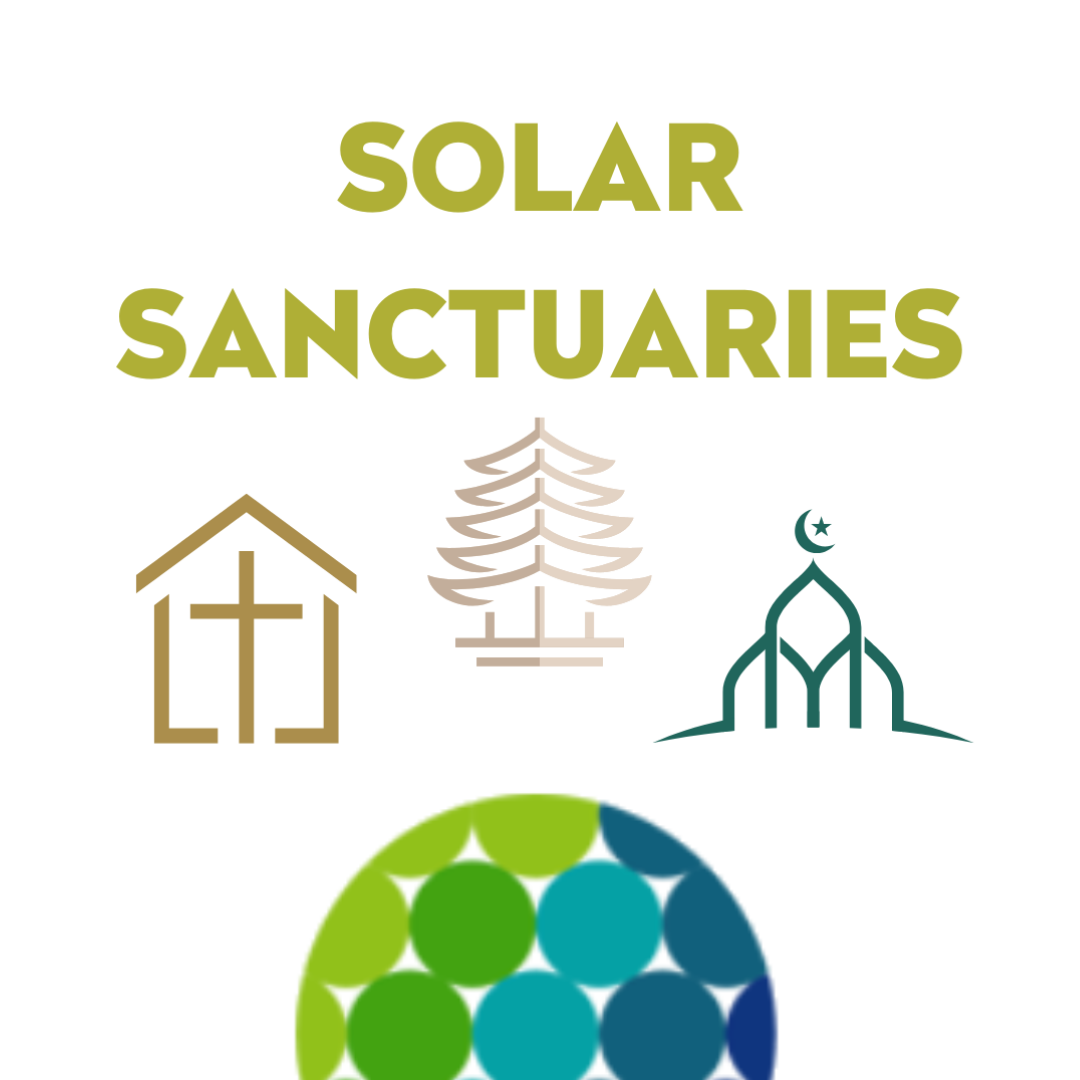
Providing shelter from the storm, being a place of sanctuary, helping our fellow human beings, being loving and kind -- these are all central tenets of many religions and spiritual practices. Becoming a resilience hub, or Solar Sanctuary, is a natural fit for communities of faith.
FACS' Solar Sanctuaries campaign aims to make the concept of resilience hubs a reality on the ground in Virginia. We will leverage the power of faith communities to install solar and battery backup systems on faith buildings, primarily in rural and low-income communities. Our success will serve as a national model to inspire faith communities and networks across the country. Solar Sanctuaries will save lives during a time of increasingly adverse climate events and public health risks.
Faith communities can play a crucial role in resilience as extreme weather and the risk of prolonged power outages increase. As a Solar Sanctuary -- with solar and battery backup systems keeping the lights on, refrigerators cooling food, and HVAC systems running -- faith buildings can become a place of refuge for all who require shelter and sustenance. Lower income communities, people of color, the elderly, pregnant women, the disabled and children are particularly at risk of temperature-related health emergencies and death. These projects will save lives in the face of an increasingly unstable climate.
Solar Sanctuaries is a three-step program to help faith communities become places of refuge during power outages.
First, faith communities can assess and improve building energy efficiency through building upgrades, including better insulation, efficient lighting, heat pumps, and heat pump water heaters.
Second, faith communities install solar panels with federal funding through the Inflation Reduction Act.
Finally, faith communities can use battery storage to keep power on during outages and help vulnerable communities
Work on climate change mitigation and resilience in rural and exurban communities has been historically underfunded. We plan to primarily focus on the underserved communities on the urban edge and rural areas of Virginia.
To get started, email info@faithforclimate.org and check out the links below
- Webinar Recording
- Energy and Water Efficiency Checklist for Worship Facilities
- How Religious Organizations Can Benefit from Tax Deduction for Making Energy-Efficient Upgrades to Their Buildings
- How Religious Organizations Can Benefit from the Inflation Reduction Act’s Clean Energy Tax Credits
- Religious Organizations Direct Pay Registration Requirements